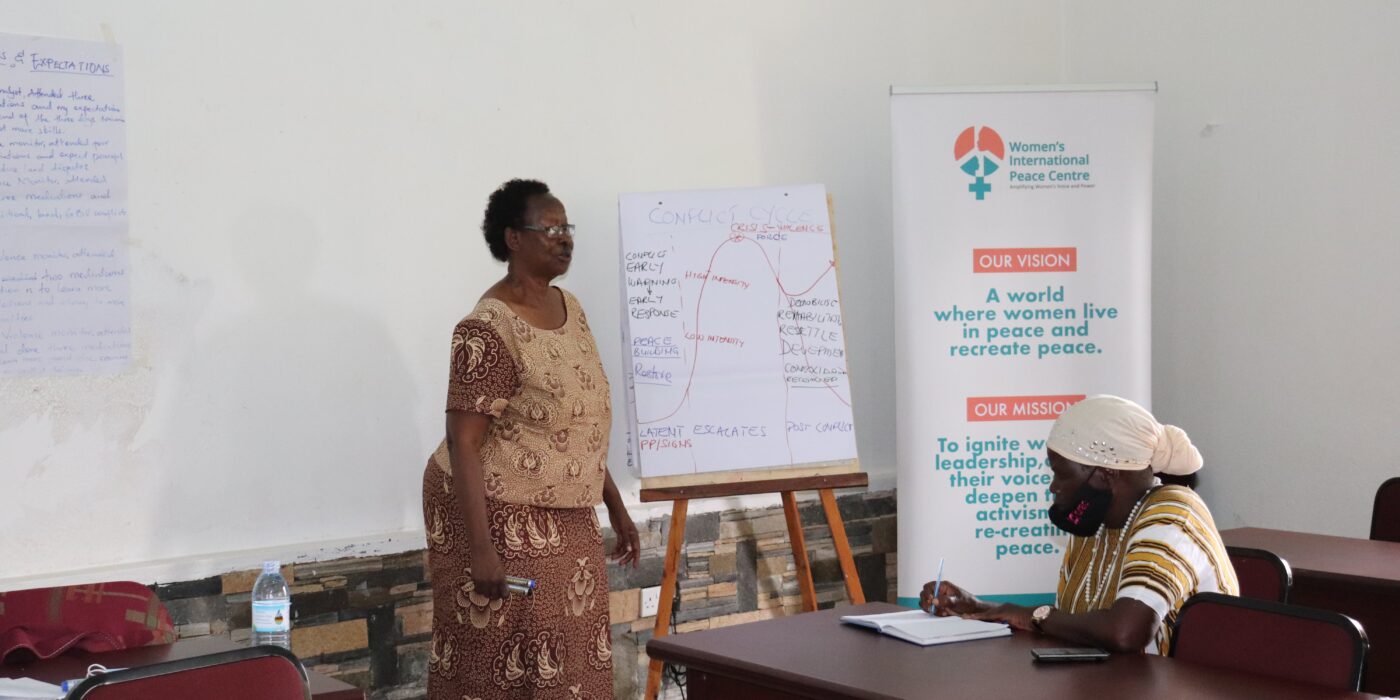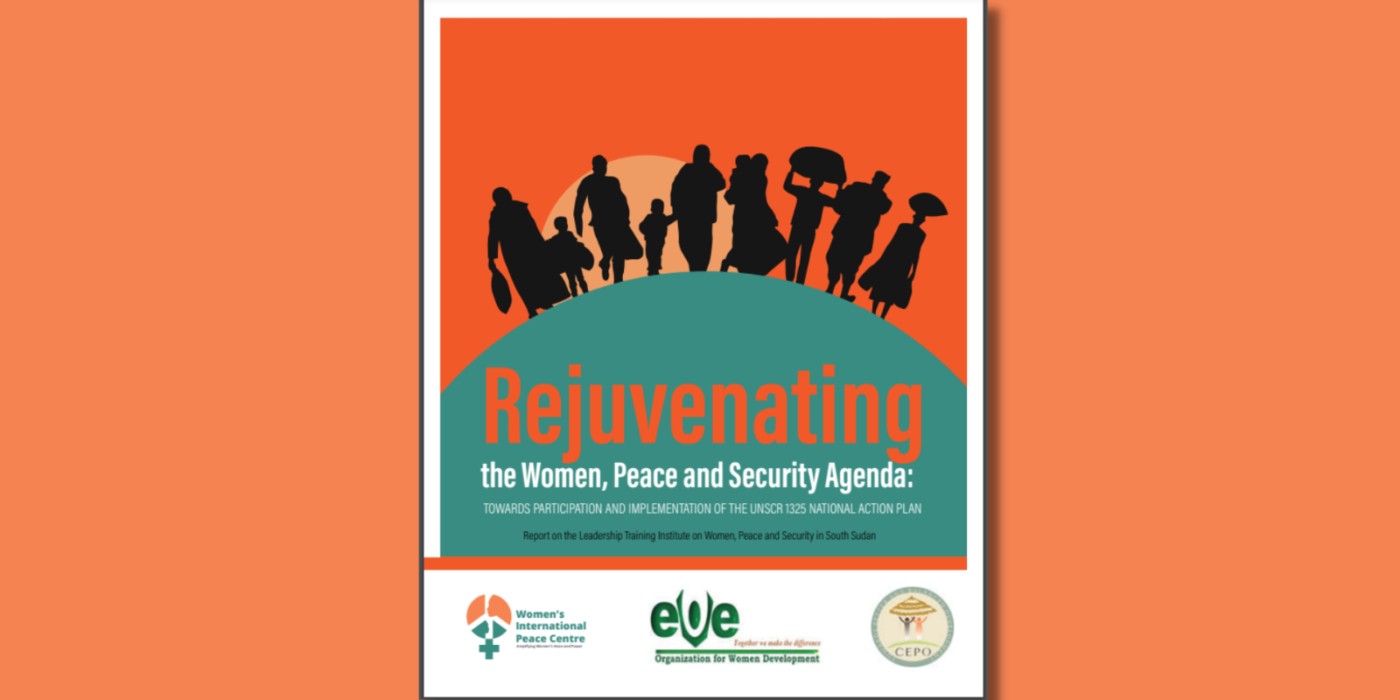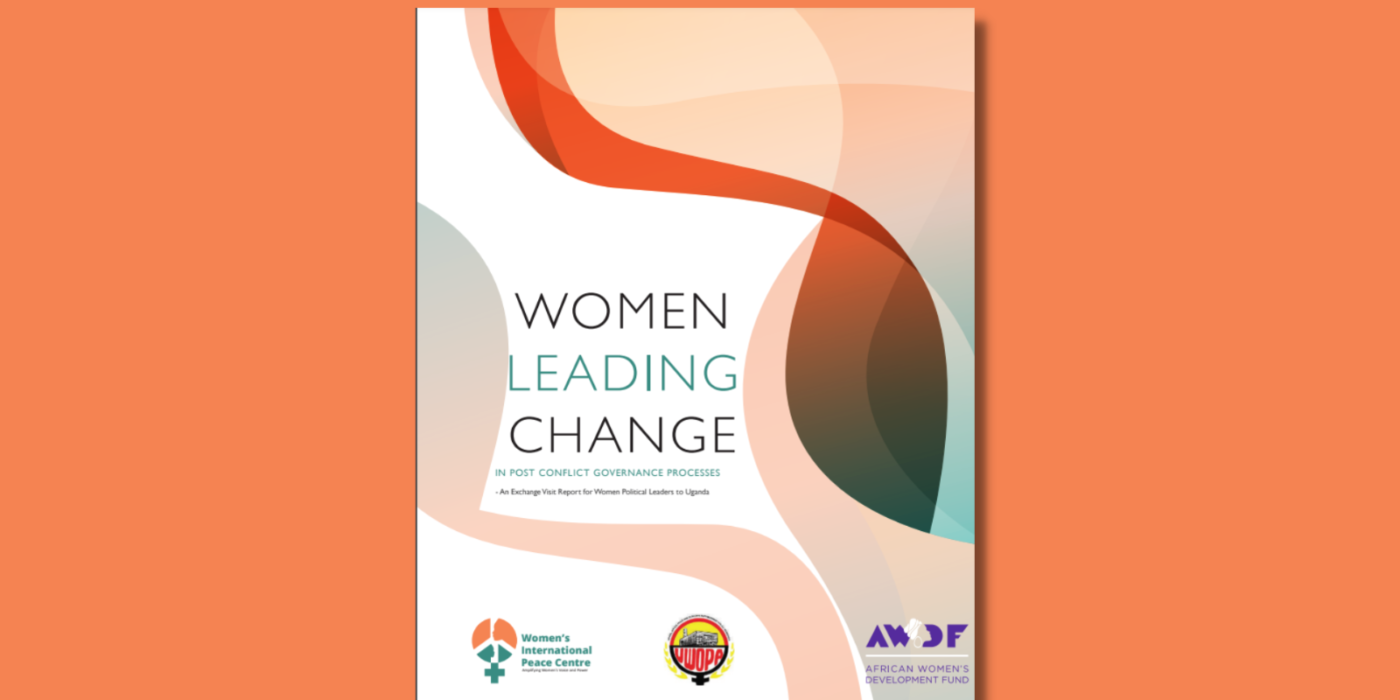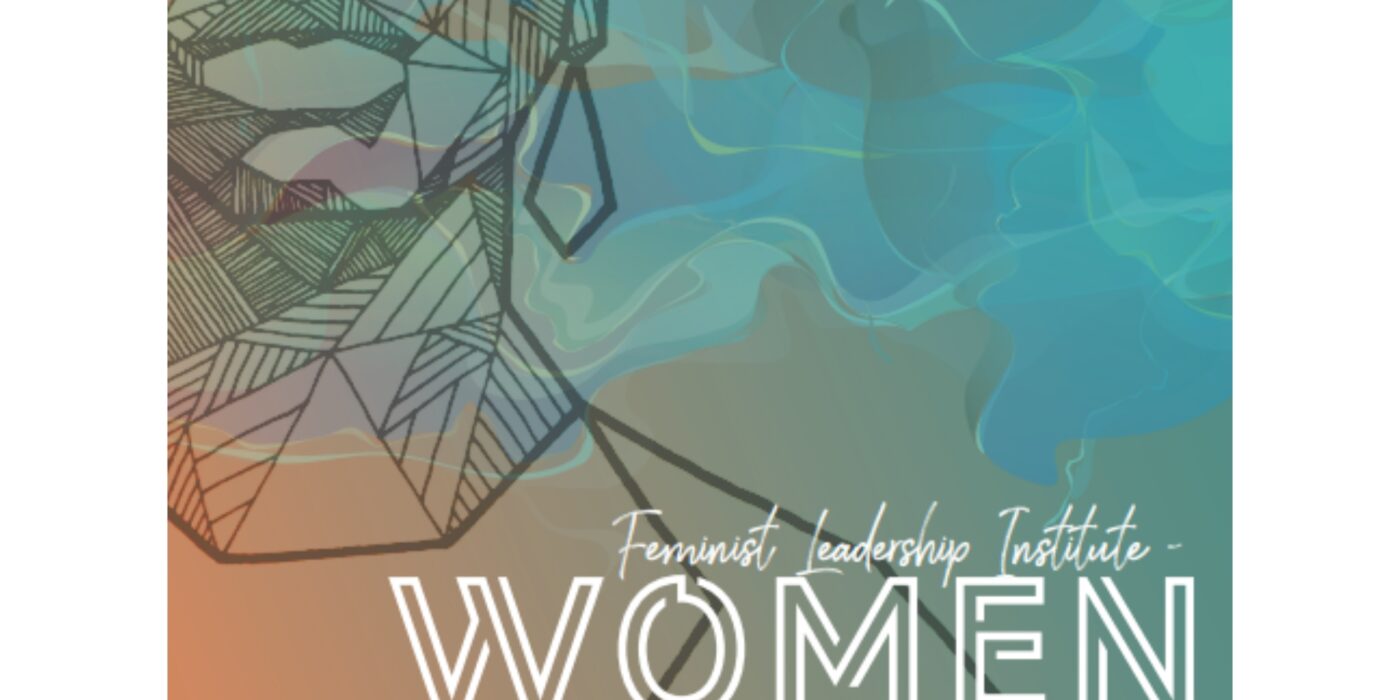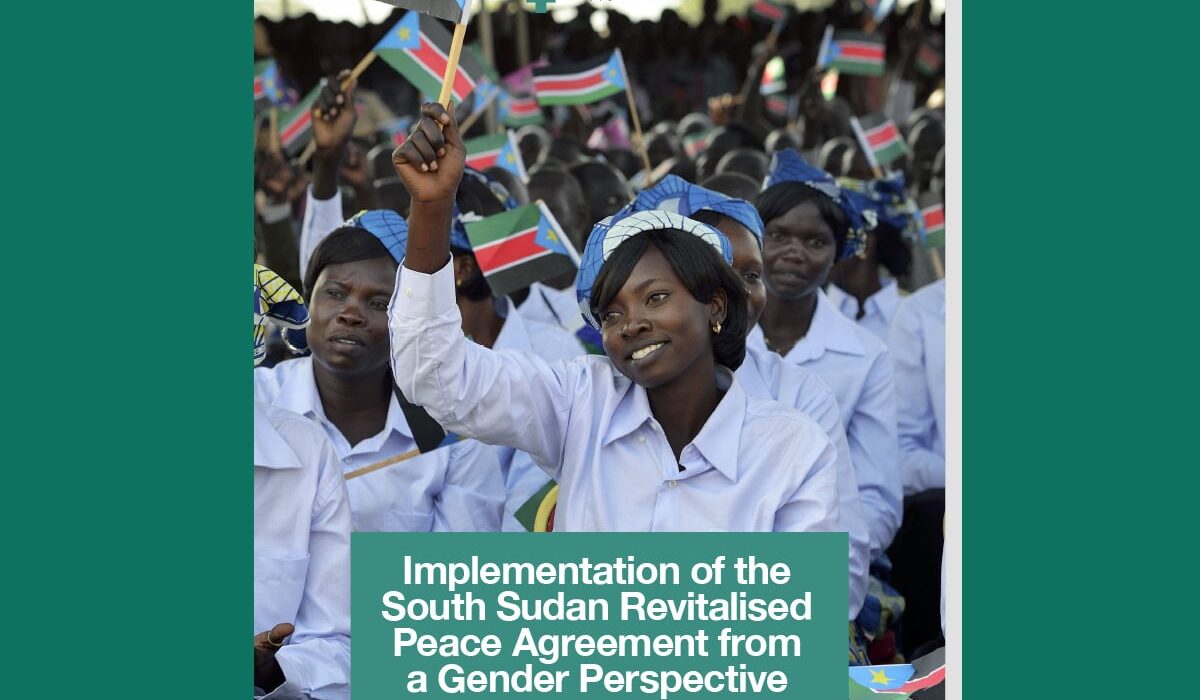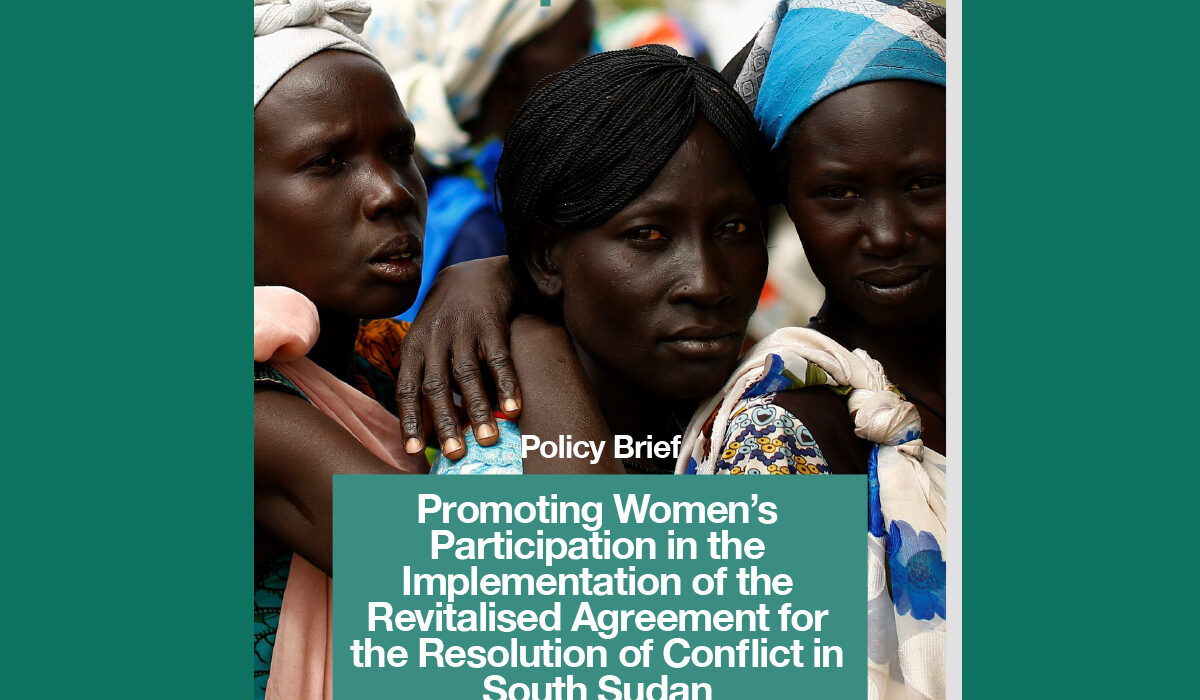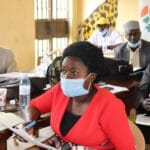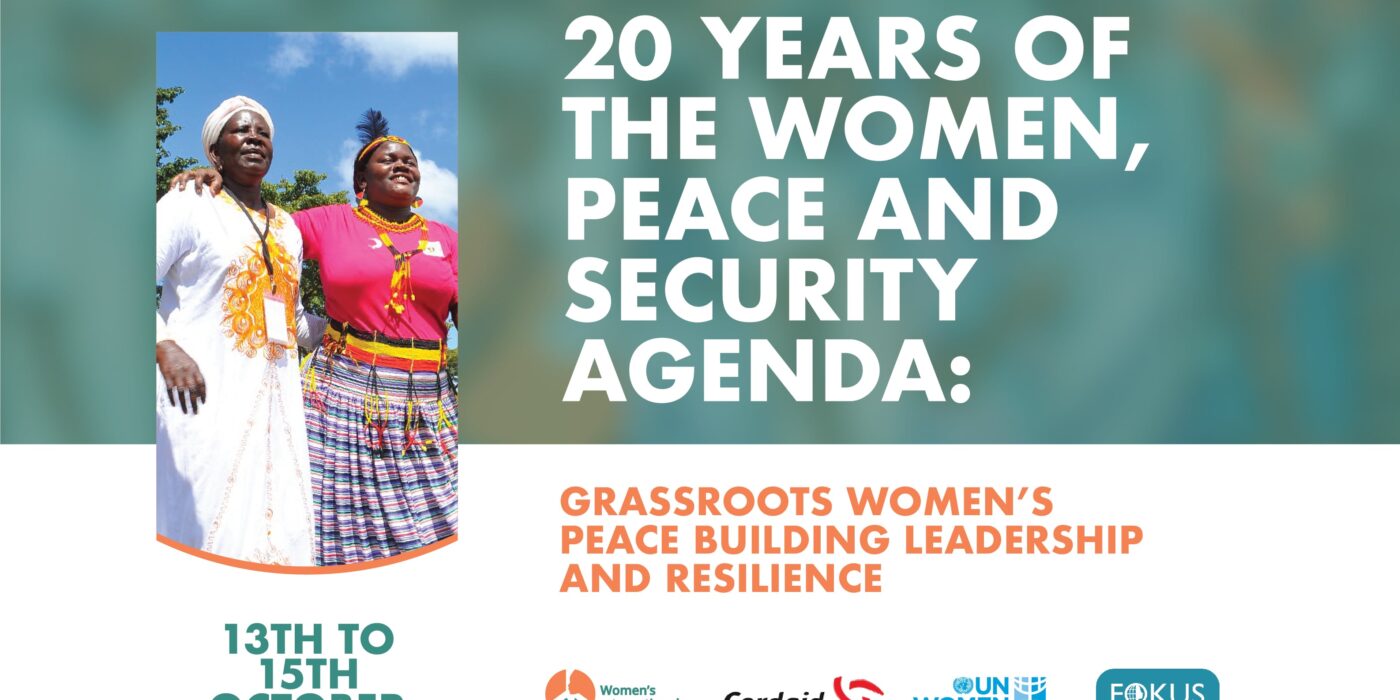The Peace Centre was excited to be hosting a 3-day exchange visit with 40 women peacebuilders from Burundi, the Democratic Republic of Congo, South Sudan & Uganda, living as refugees in Uganda to reflect on the past 20 years of implementing the Women Peace Security agenda.
This was in line with the 20th anniversary of UN Security Council Resolution 1325 on women, peace and security, it is widely acknowledged as a significant year for driving progress and pushing for gains in implementing the women, peace and security (WPS) agenda. 2020 is also the 25th anniversary of the Beijing Declaration and Platform for Action, which is significant for the WPS agenda with its prioritisation of women and armed conflict as a critical area of concern for gender
equality and women’s empowerment. It is a critical year to reflect on progress, setbacks, challenges and opportunities to advance the women, peace and security agenda, and to leverage the anniversary to accelerate the implementation of key commitments and WPS frameworks.
The exchange visit ensured that the peacebuilders had a recap on UNSCR resolution 1325 and the Uganda National Action Plan(NAP). We discussed the desired outcomes of the NAP and how women can participate in monitoring UNSCR 1325 at different levels. The exchange visit also entailed group presentations discussing challenges faced by women in conflict-affected areas and what recommendations they have to address the gaps.
On the status of implementation of the #UNSCR1325 in refugee settlements and within host communities the challenges have been highlighted as;
– High levels of physical and psychological gender-based violence, and limited access to reproductive health services.
-Refugee women and girls within settlements are continually excluded from formal peace processes and are under-represented within peace or security committee structures
Despite making tangible changes in the communities, the contributions of refugee women and grassroots women peacebuilders are not recognized or made visible. The 3-day visit also included the peacebuilders sharing their reflections on the Implementation of UNSCR 1325; Participation, Prevention, Protection relief and recovery with the African Union Special Envoy Bineta Diop. The women peacebuilders, therefore, urged Madam Bineta Diop to consider and amplify their recommendations as; a need to call for all governments and development partners to create a protective environment for women and girls affected by conflict.
You can access the full report on the exchange visit here: 20 Years of Grassroots Women Building Peace

